proper fertilization of vegetable plants
justaguy2
15 years ago
Related Stories

GARDENING GUIDESGet on a Composting Kick (Hello, Free Fertilizer!)
Quit shelling out for pricey substitutes that aren’t even as good. Here’s how to give your soil the best while lightening your trash load
Full Story
GARDENING GUIDESCommon Myths That May Be Hurting Your Garden
Discover the truth about fertilizer, soil, staking and more to keep your plants healthy and happy
Full Story
EDIBLE GARDENSGarden BFFs? Why Your Vegetables Are Begging for Companion Plants
Foster friendships among plants for protection from pests, pollination support and color camaraderie
Full Story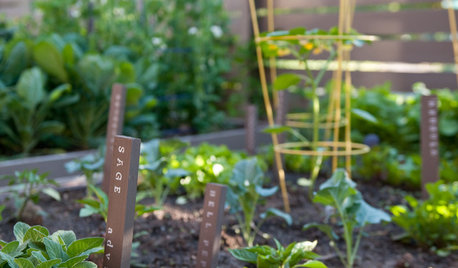
EDIBLE GARDENSKeep Track of Your Vegetable Garden With Plant Markers
Bring order to your edible beds with these labeling ideas
Full Story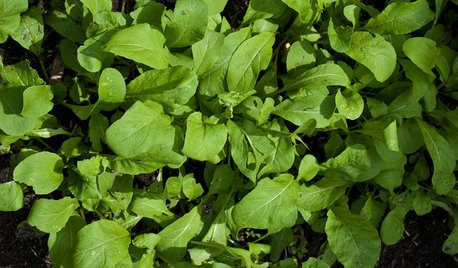
COOL-SEASON CROPSCool-Season Vegetables: How to Grow Salad Greens
From arugula to radicchio, greens have taken a top spot on the table and in fall and winter gardens. See how to start growing them now
Full Story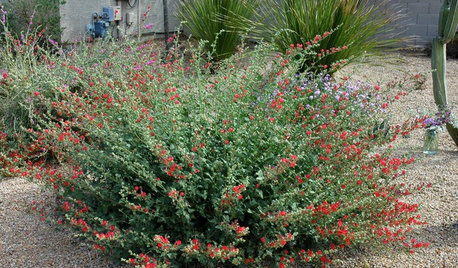
GARDENING GUIDESSouthwest Gardener's February Checklist
Orange you glad for a citrus-fertilizing reminder? And don't forget the recommended doses of vegetable seeds and cold-hardy flowers
Full Story
GARDENING GUIDESHow to Switch to an Organic Landscape Plan
Ditch the chemicals for a naturally beautiful lawn and garden, using living fertilizers and other nontoxic treatments
Full Story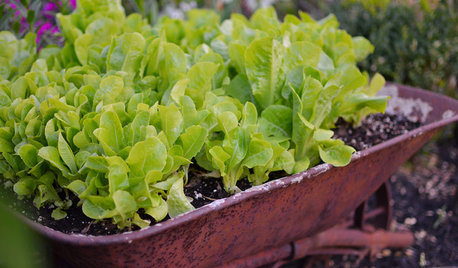
FARM YOUR YARDCool-Season Vegetables: How to Grow Lettuce
Leaf, butterhead, crisphead or romaine — lettuce is best harvested in the cool weather of spring and fall
Full Story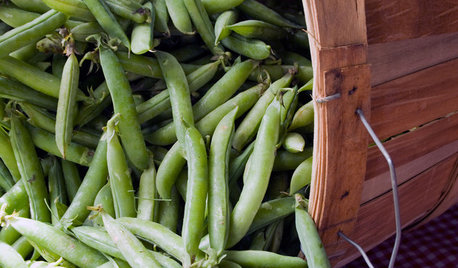
GARDENING GUIDES11 Favorite Edibles for Your Cool-Season Garden
Plant crunchy carrots, crisp radishes, tender peas and other vegetables for fall and spring harvests
Full Story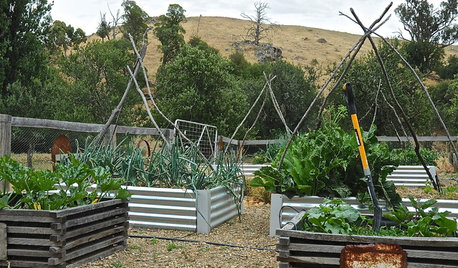
FARM YOUR YARD9 Ways to Change Up Your Vegetable Garden for the Coming Season
Try something new for edible plantings that are more productive than ever
Full StoryMore Discussions







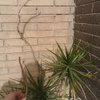

dirtdauberz5mo
justaguy2Original Author
Related Professionals
Towson Landscape Architects & Landscape Designers · Milford Landscape Contractors · Braintree Landscape Contractors · Eureka Landscape Contractors · Framingham Landscape Contractors · Golden Landscape Contractors · Saint John Landscape Contractors · North Hills Landscape Contractors · Dayton Window Contractors · Diamond Bar Fence Contractors · Englewood Fence Contractors · Gresham Fence Contractors · Hull Fence Contractors · San Leandro Fence Contractors · Statesville Fence Contractorstapla (mid-Michigan, USDA z5b-6a)
silverrowan
jethrojames
justaguy2Original Author
lathyrus_odoratus
tn_veggie_gardner
justaguy2Original Author
tn_veggie_gardner
lathyrus_odoratus
justaguy2Original Author
medcave
justaguy2Original Author
lathyrus_odoratus